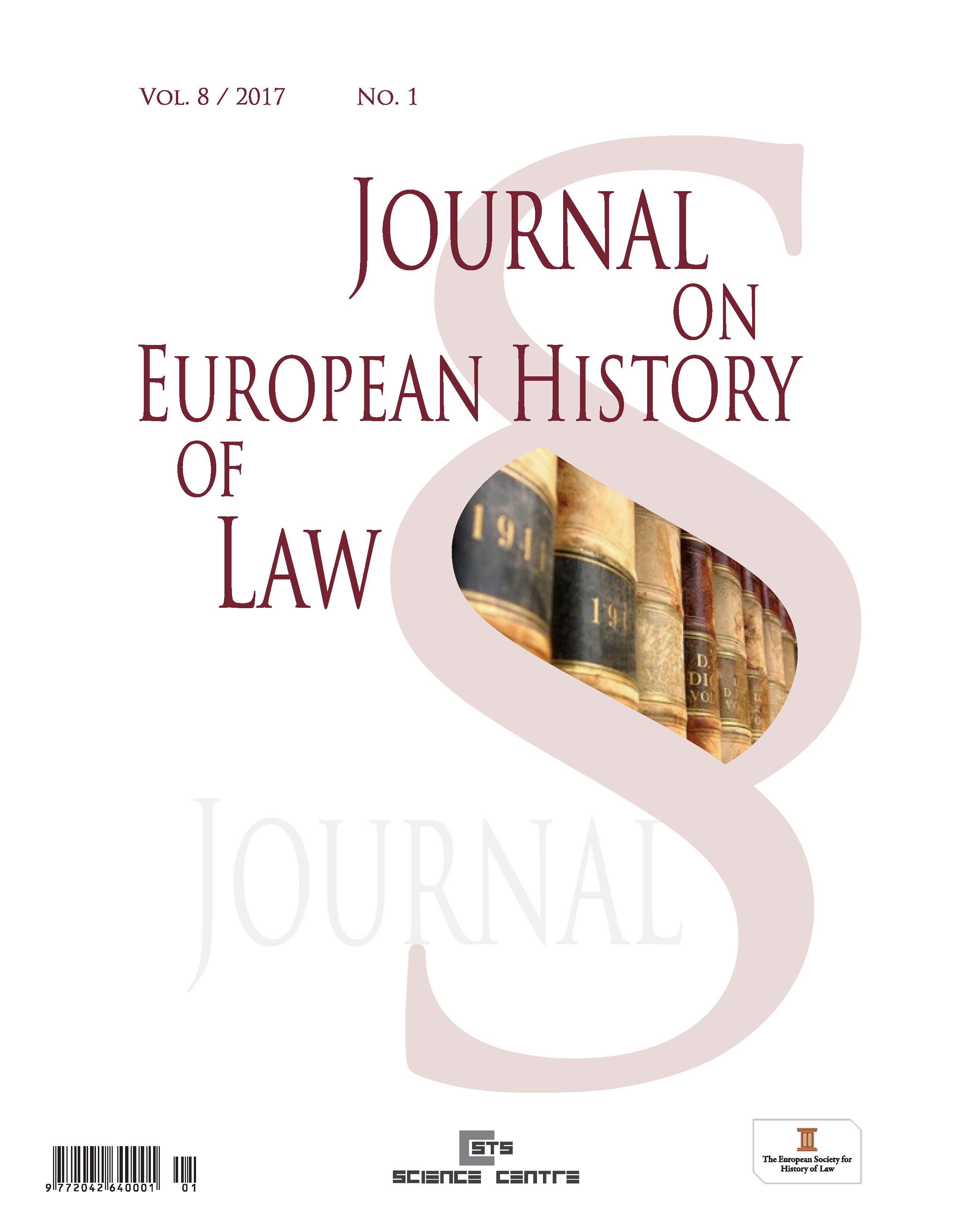Römisch-Holländisches Recht (Roman-Dutch law, Romeins-Hollands recht, Romeins-Hollands reg) und sein Geltungsbereich in Europa und außerhalb Europas
Roman-Dutch Law /Romeins-Hollands recht, Romeins-Hollands reg/ and its Influence in Europe and beyond Europe
Author(s): Gábor HamzaSubject(s): Law, Constitution, Jurisprudence, History of Law
Published by: Evropská společnost pro právní dějiny, z.s.
Keywords: Roman-dutch law; Roman law; influence in Europe and beyond Europe;
Summary/Abstract: The Humanists Legal School developed in the Netherlands in the course of the seventeenth and eighteenth centuries. The eminent epresentatives of “elegant jurisprudence” were Arnoldus Vinnius, Anton Schulting, Paulus Voëtus, Iohannes Voëtus, Cornelis van Bynkershoek, Gerhard Noodt and Ulrich Huber. Mentioning deserves also Hugo Grotius, one of the founding fathers of modern international law. Dutch jurists exercised a significant influence also on legal science all over Europe as well as in a significant number of countries (territories) outside Europe. Their greatest achievement was the application of Roman law to modern conditions. In 1838 the French Code civil was replaced in Holland by a national civil code entitled Burgerlijk Wetboek. It basically followed the French model with the exception that it contained the law of property in two books. It was professor Eduard Maurits Meijers who maintained, before and after the Second World War, that a recodification of private law was necessary. After the Second World War E. M. Meijers got adherence with his idea that a new Civil Code should be made. In 1947 he was entrusted with the revision of the civil code of 1848. Meijers managed to publish the draft of four volumes out of the planned total of nine before his death in 1954. The new Dutch civil code does not contain, unlike the German Civil code, a general part but the common regulations of property law and the law of obligations are dealt with in separate volumes. The new Dutch Burgerlijk Wetboek that came i.e. comes into force gradually has taken several of its legal principles as well as institutions from Roman law.
Journal: Journal on European History of Law
- Issue Year: 8/2017
- Issue No: 1
- Page Range: 23-33
- Page Count: 11
- Language: German

